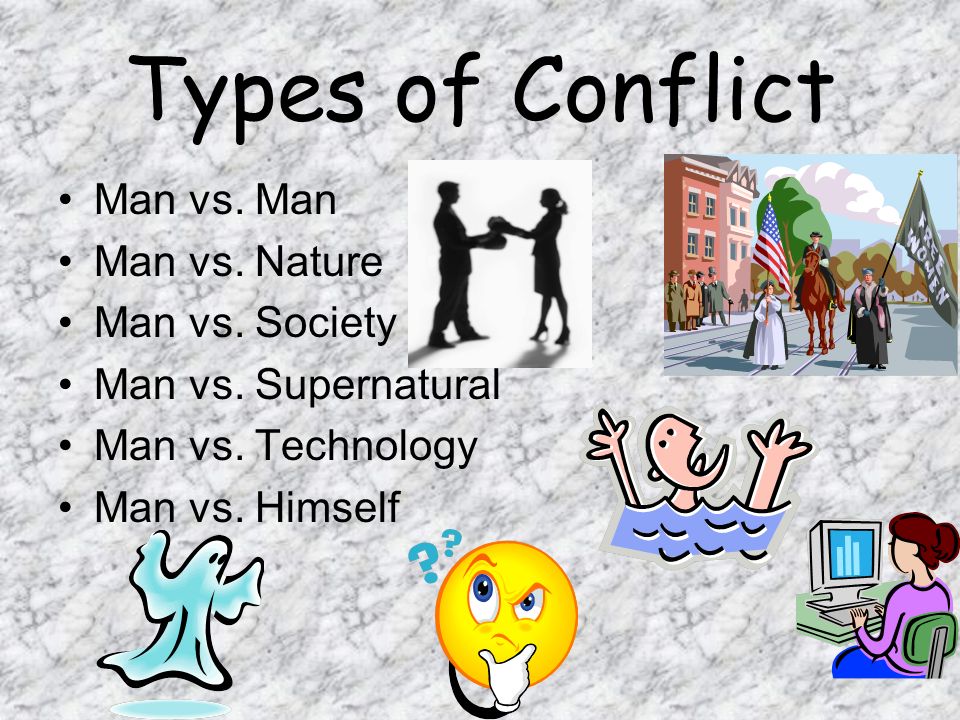I first read this idea in Nigel Watts's excellent book "Writing a Novel". I don't know if it's his creation, but I haven't seen it elsewhere, and after being reminded of it recently, I think it deserves to be more widely known.
He posits that you can divide the sources of conflict in a story into three basic types or levels:
Internal
Interpersonal
Environmental (this can be nature but also society, cultural mores etc.)
And he says that if you add another source of conflict of the same type to a story, it complicates it**. If you add another source of a different type, it deepens it.
I think this is a very clever and simple way of looking at it -- one of those things that seems so obvious when pointed out, but which I would never have thought of myself. If I were about to start another big story, I'd bring this into my planning, and try to give roughly equal weight to each type.
** This isn't necessarily bad, up to a point.
He posits that you can divide the sources of conflict in a story into three basic types or levels:
Internal
Interpersonal
Environmental (this can be nature but also society, cultural mores etc.)
And he says that if you add another source of conflict of the same type to a story, it complicates it**. If you add another source of a different type, it deepens it.
I think this is a very clever and simple way of looking at it -- one of those things that seems so obvious when pointed out, but which I would never have thought of myself. If I were about to start another big story, I'd bring this into my planning, and try to give roughly equal weight to each type.
** This isn't necessarily bad, up to a point.


